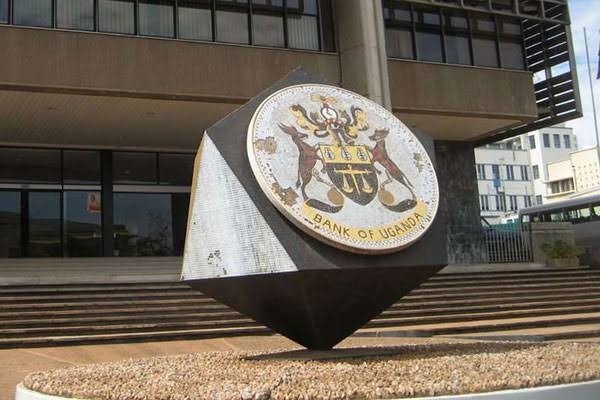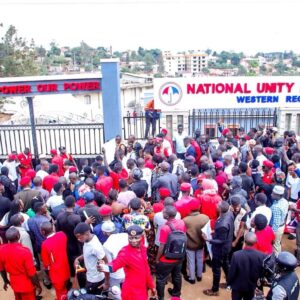NAIROBI, Kenya — Nairobi has been shaken by an act of violence that claimed the life of Charles Ong’ondo Were, a respected Kenyan lawmaker from Kasipul Constituency. The opposition legislator, a member of the Orange Democratic Movement (ODM) led by Raila Odinga, was gunned down in what police have described as a “targeted and premeditated” assassination. The killing has sent shockwaves through Kenya, reigniting concerns about political violence and the safety of public officials in a country with a history of turbulent politics.
The attack occurred near Nairobi Hospital along Ng’ong Road, a busy thoroughfare close to the city mortuary. According to police reports, Were was driving when two gunmen on a motorcycle trailed his vehicle, taking advantage of a traffic jam to execute their plan. In a brazen assault, the assailants fired six shots at close range, striking Were multiple times. He was pronounced dead upon arrival at Nairobi Hospital, where he was rushed for emergency treatment.
Homicide detectives, led by Director Martin Nyuguto, descended on the scene, combing through evidence to piece together the circumstances of the killing. Forensic experts secured Were’s bullet-riddled vehicle, and preliminary findings suggest the gunmen were highly skilled, executing the attack with precision before vanishing into the night. “This was not a random act. It was meticulously planned,” a senior police official told Reuters, emphasizing the targeted nature of the crime.
Charles Were, 54, was a seasoned politician known for his unwavering commitment to his constituents in Kasipul, a rural constituency in Homa Bay County. A vocal member of the ODM, Were had earned a reputation as a fierce advocate for social justice, education, and infrastructure development. Colleagues described him as a bridge-builder, capable of navigating Kenya’s complex political landscape with integrity and compassion.
“Charles was a dedicated servant of the people. His death is not just a loss for Kasipul but for the entire nation,” said National Assembly Speaker Moses Wetang’ula, who confirmed the news on his X account, calling it “devastating.” ODM leader Raila Odinga condemned the killing in a statement, describing Were as a patriot who was “mercilessly and in cold blood, gunned down by an assassin.” Odinga called for swift investigations to bring the perpetrators to justice, urging authorities to leave no stone unturned.
Were’s assassination has thrust Kenya’s political fault lines into the spotlight. As a member of the ODM, he was part of the opposition coalition that has frequently clashed with President William Ruto’s ruling United Democratic Alliance (UDA). The 2022 general election, in which Ruto narrowly defeated Odinga, exposed deep divisions in Kenyan society, with sporadic violence and allegations of electoral malpractice fueling mistrust. Kenya has a troubling history of political assassinations, with many high-profile cases remaining unresolved.
The news of Were’s death spread rapidly, prompting an outpouring of grief from fellow legislators, community leaders, and ordinary citizens. At the Lee Funeral Home in Nairobi, where Were’s body was taken, politicians gathered to pay their respects, their faces etched with disbelief. In Kasipul, residents held candlelight vigils, remembering Were as a champion of their aspirations. “He fought for our schools, our roads, our children’s future,” said Mary Atieno, a local teacher.
Kenya’s Directorate of Criminal Investigations (DCI) has vowed to pursue all leads in the case, with detectives analyzing CCTV footage, phone records, and ballistic evidence. The involvement of motorcycle-riding gunmen has raised suspicions of a professional hit, possibly linked to political rivalries or local disputes. However, public confidence in the investigation is shaky, given Kenya’s track record of unresolved high-profile cases. Rights groups, including Amnesty International, have called for transparency and international oversight to ensure justice is served.
Were’s assassination comes at a time when Kenya is grappling with broader challenges, including economic strain and public discontent over governance. President William Ruto, who was in Beijing for a state visit during the assassination, has yet to comment publicly. Analysts suggest the government faces immense pressure to address the killing decisively, both to restore public confidence and to prevent further escalation. “This is a test for Ruto’s administration,” said political analyst Herman Manyora.





